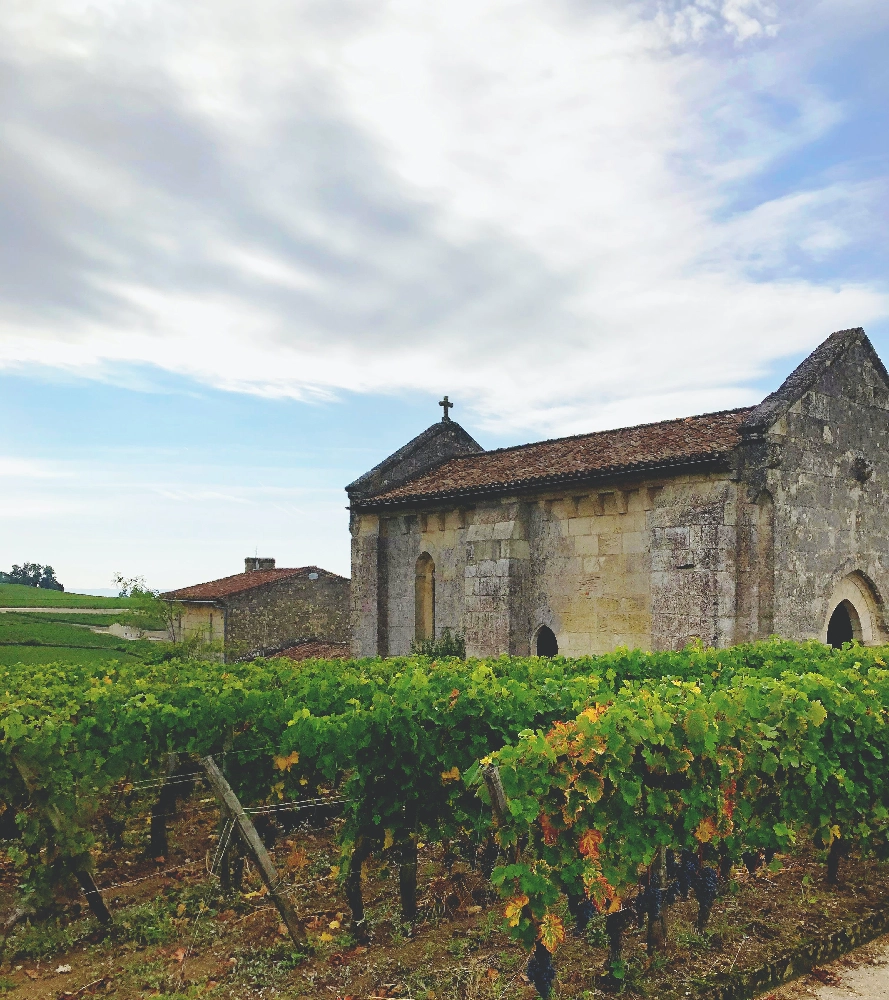
Durbanville Wineries & Wines Stats
Wineries
28
Wines
317
A Viticultural Exploration of Durbanville, South Africa: Unveiling Terroir Influences and Wine Styles
Introduction: Durbanville, a picturesque wine region nestled in the western part of South Africa's Western Cape, is renowned for its diverse terroirs, unique wine styles, and high-quality grape production. Situated between the Tygerberg Hills to the east and the Atlantic Ocean to the west, Durbanville boasts an ideal climate and geography that significantly influences the character of its wines.
Geographical Context: Durbanville lies in the broader Tygerberg Wine Region, which encompasses the Durbanville, Brackenfell, Tygervalley, and Philippi Heights sub-regions. The area's geography is characterized by gently rolling hills, with an average altitude ranging from 120 to 365 meters above sea level. This diverse topography results in a complex interplay between sunlight exposure, wind patterns, and soil composition, leading to the production of distinctly flavored wines.
Terroir and Soil: Durbanville's vineyards are primarily situated on deep, well-drained alluvial soils derived from ancient riverbed deposits. These soils provide an excellent foundation for grapevine growth while allowing for optimal water retention and nutrient uptake. The area's granitic and shale-derived soils, which are found in parts of the region, contribute to wines with unique mineral characteristics.
Climate: Durbanville benefits from a Mediterranean climate with cool, wet winters and warm, dry summers. Rainfall averages around 650mm per year, primarily during the winter months, providing ample water for vine growth while minimizing the risk of frost damage. The area's proximity to the Atlantic Ocean results in maritime influences, including cool morning mists and prevailing south-easter winds that help moderate temperatures and protect grapes from excessive sun exposure.
Grape Varieties: Durbanville is primarily known for its production of high-quality white wines, particularly Chenin Blanc, Sauvignon Blanc, Chardonnay, and Colombar. The region also boasts a growing reputation for red wine varieties such as Cabernet Sauvignon, Merlot, Shiraz, and Pinotage.
Wine Styles: The distinct terroirs of Durbanville contribute to the production of diverse wine styles. The cooler, windier areas yield wines characterized by crisp acidity, bright fruit flavors, and subtle mineral undertones. In contrast, warmer sites produce full-bodied wines with rich fruit flavors, velvety tannins, and robust structure.
Food Pairings: Durbanville's wine styles are versatile and pair well with a wide range of culinary offerings. White wines, particularly Chenin Blanc and Sauvignon Blanc, complement seafood dishes, salads, and spicy cuisine. Red wines from the region, especially Cabernet Sauvignon and Pinotage, are best suited to hearty meats, game, and aged cheeses.
Conclusion: Durbanville's unique geographical setting, diverse terroirs, and ideal climate result in an array of high-quality wines with distinct flavors and characteristics. By exploring the region's various sub-regions and vineyards, wine enthusiasts can appreciate the true essence of Durbanville's viticultural influence and discover the nuanced expressions of its wine styles.
